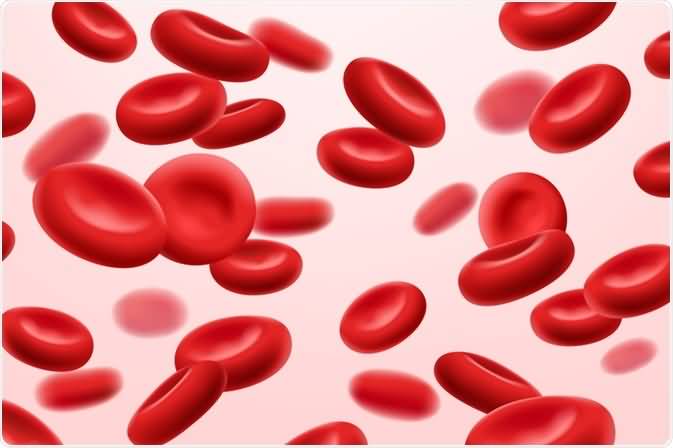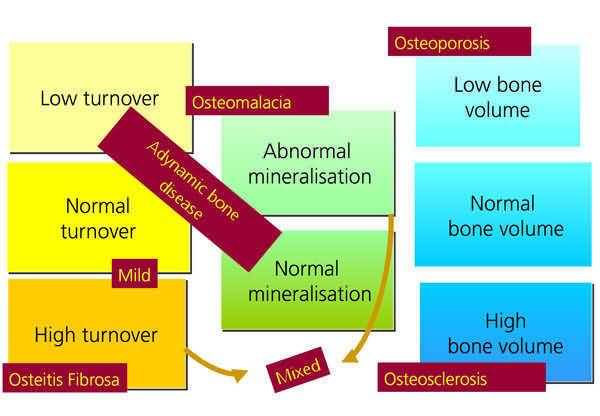Indications for percutaneous needle biopsy
Indications for percutaneous needle biopsy
Relative contraindications:
Absolute contraindications:
Prior to a kidney biopsy, patients should not use medications that prolong clotting times, and blood pressure should be less than 160/90 mm Hg. Blood work should include hemoglobin concentration, platelet count, prothrombin time, and partial thromboplastin time. After biopsy, hematuria occurs in nearly all patients, although less than 10% will have macroscopic hematuria. Patients should remain supine for 4–6 hours post biopsy and should be closely monitored when the hemoglobin is more than 1 g/dL lower than baseline by 6 hours post biopsy.
Percutaneous kidney biopsies are generally safe. The major risk is bleeding, which may occur up to 72 hours post biopsy. More than half of patients will have at least a small hematoma; approximately 1% of patients will experience significant bleeding requiring a blood transfusion. Anticoagulation therapy should be held for 5–7 days post biopsy if possible. The risks of nephrectomy and mortality are about 0.06–0.08%. When a percutaneous needle biopsy is technically not feasible and kidney tissue is deemed clinically essential, a closed biopsy via interventional radiologic techniques or open biopsy under general anesthesia can be performed


















